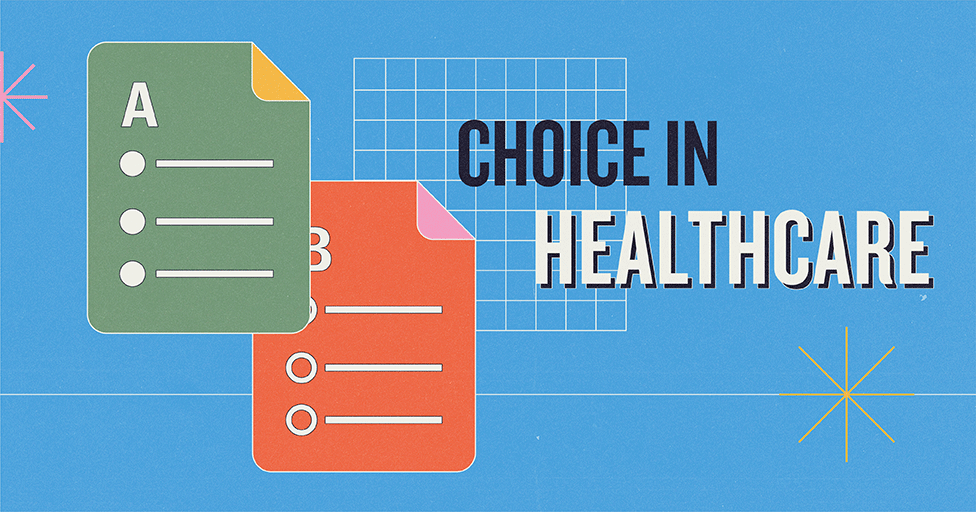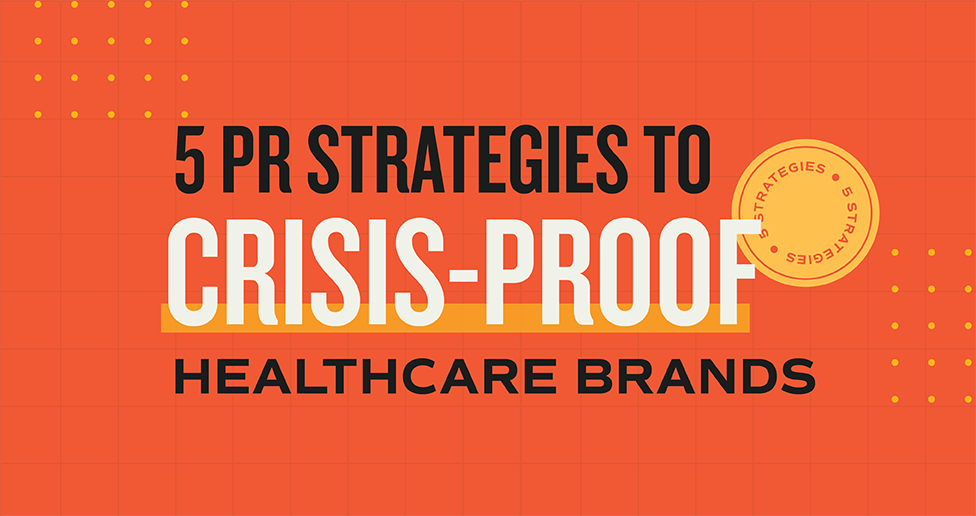
The Paradox of Choice by Barry Schwartz is easily one of my top 5 business books of all time. If you have not read the book, you need to prioritize it. It explains in real terms the dilemma that we consumers in the western world face daily.
While the book primarily deals with packaged goods and consumables, it has application to our world of healthcare marketing. And the most basic of choices, how do I choose a healthcare provider? For most of us, the reason to search for a doctor is spurred by a move, a change in insurance, or your provider retiring. Presumably, this decision is one of the more important decisions that we make as a “buyer,” yet the shopping process has little to do with any benefit to us – the patient.
Like most Americans, you start the journey by asking a friend for a recommendation. In days gone by, that was over the fence or a cup of coffee. Today, you take to the internet. A recent survey conducted by Doctors.com found that 80% of US adults used the internet to make a health-related search in the past year. Honestly, it is probably higher.
And this is not the byproduct of younger shoppers. Consumers over 60 years of age reported 9 out of 10 leveraged the internet for healthcare research. It is simply an accepted part of our society that searching for doctors, systems, and insurance is an online endeavor. It is further accepted that research and reviews are part of that process.
The questions you need answered are basic:
- Do they take my insurance? According to a study by the American Osteopathic Association, 83% are concerned about this.
- Are they close? This concern checks in at 57%.
- Can I get in to see them? Finally, around 43% concern themselves with this element.
But many other questions go unasked:
- Will I like them?
- Will they like me?
- Do they even want me in their practice?
- How do they practice medicine?
- Are we compatible with how we see my health?
Over 60% of consumers are worried about these softer elements of search. However, the data around these critical points of a relationship are non-existent. Ratings and reviews are a proxy for this information – but consider again those reviews are based on someone else’s experience and relationship.
These seem like important questions, but we never really get the chance to ask. Because at this point, the selection of a provider is simply around them. At no point does the consumer and their interests come into account.
When we are advising our healthcare organizations, we start with maximizing the online presence of the organization but, as importantly, the online presence of all their providers. And yes – it is a full-time job. Depending on the organization’s size, it may be a few full-time jobs. Many online tools, like Yext, can help you operationalize the process and enhance the profiles.
We have also had success with a new tool called MD MatchUp. It is like a dating site for patients and providers. It allows both parties to gain a deeper understanding of what they want out of this relationship. It raises your expectation of what historically has been a one-sided relationship. According to Schwartz’s book, raised expectations are the natural byproduct of a highly active consumer marketplace. When there was only one pair of jeans, we had little to no expectations about how they should fit. When there are 500 different types of jeans, well, these should fit fantastically.
Here is the thing, consumers of healthcare, it is time for you to expect more.
Subscribe to our newsletter
Get our insights and perspectives delivered to your inbox.


